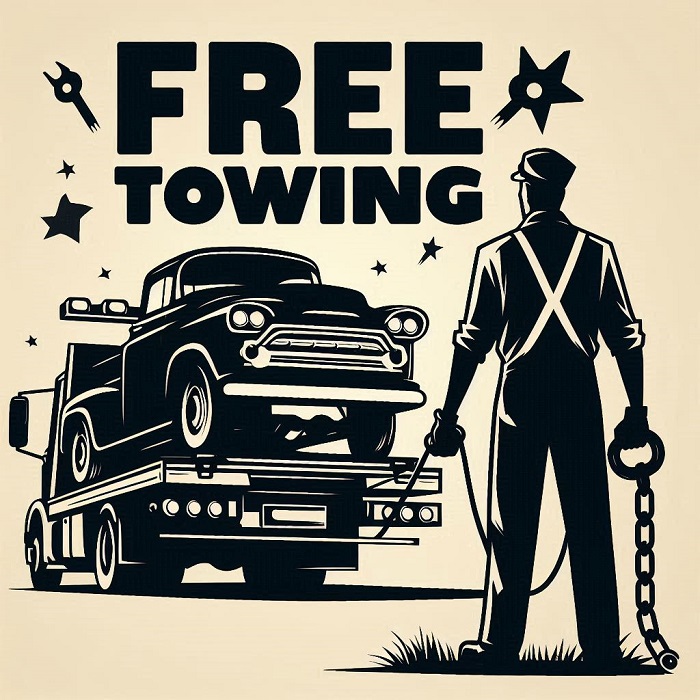Free Towing on Any Junk Car – Sell My Car Colorado
Are you looking to get rid of your old, unwanted vehicle? Whether it’s broken down, rusted, or no longer running, Sell My Car Colorado is here to help. We buy junk cars throughout the Denver Metro Area and offer free towing on any junk car, making the process easy and stress-free. Why Choose Sell My … Read more
